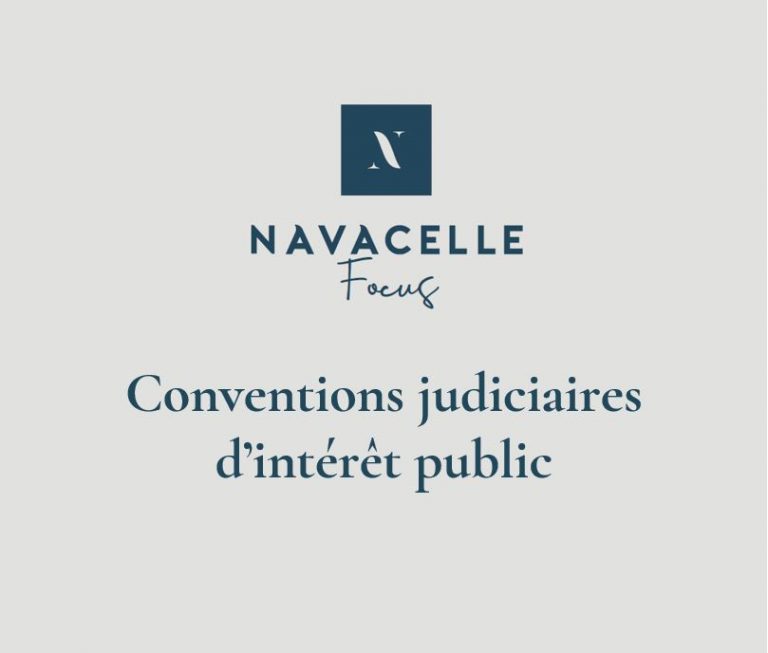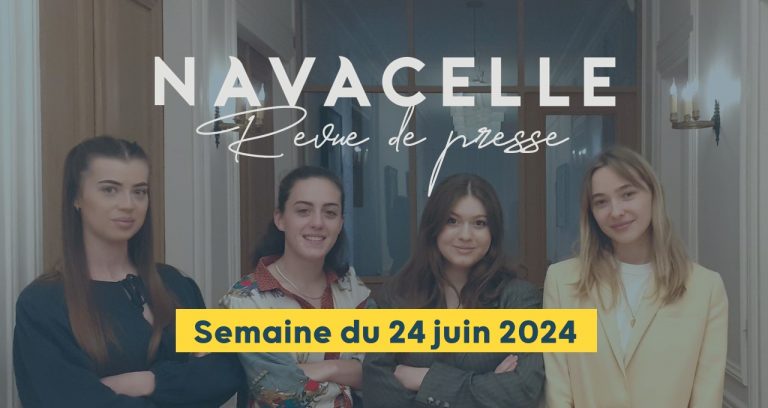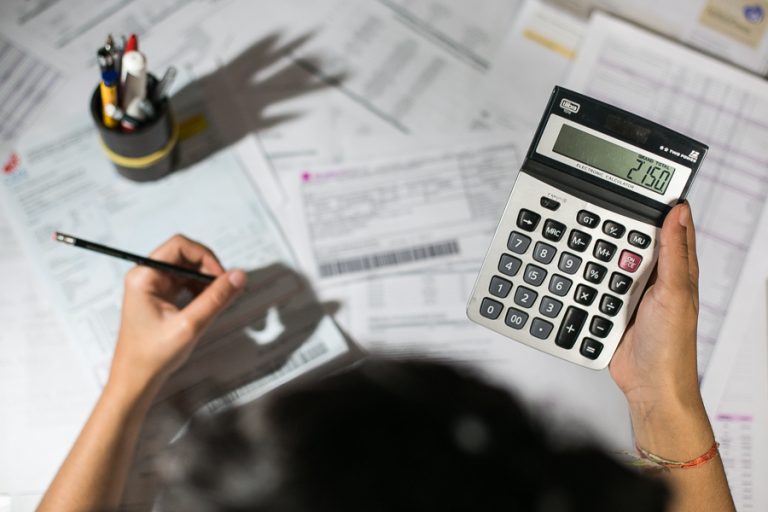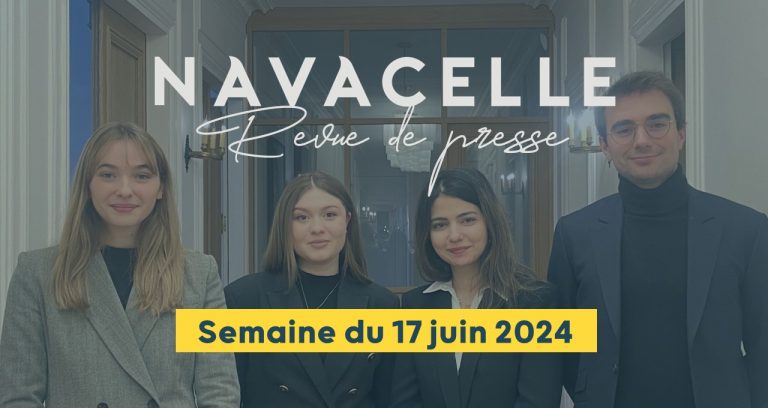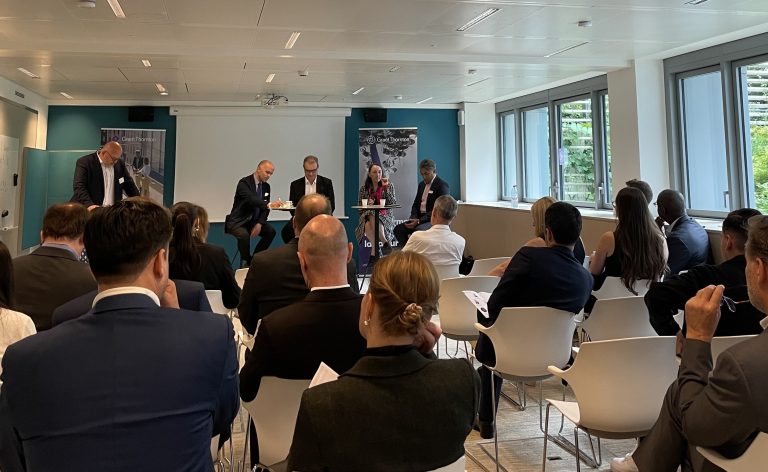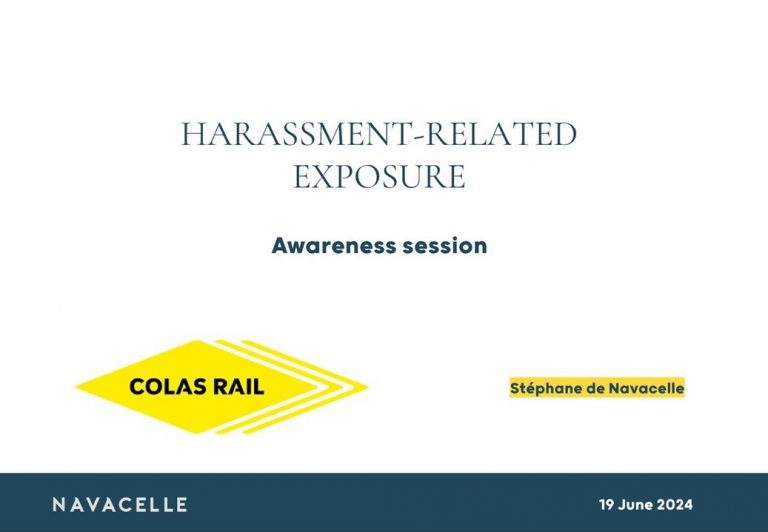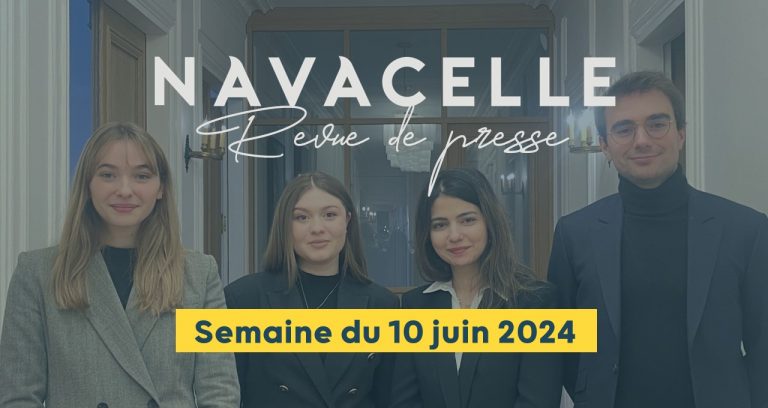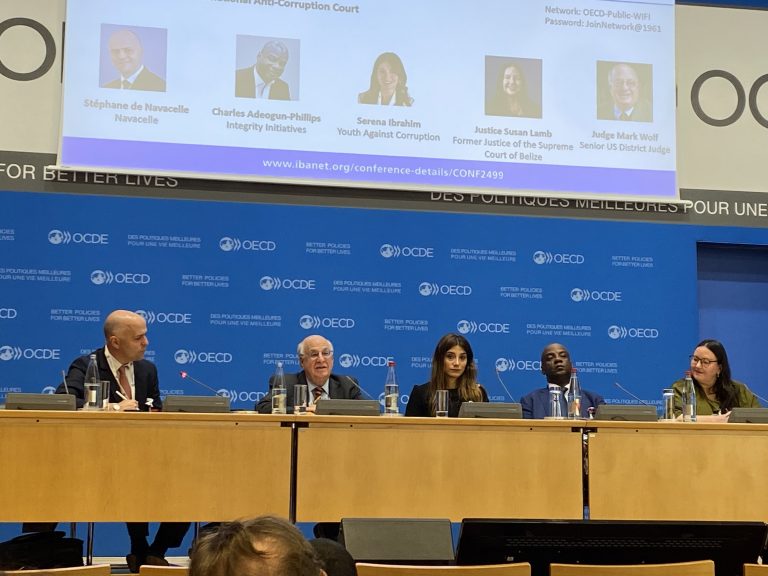The Inspection of Justice report on the PNF investigation for breach of professional secrecy: attorney-client privilege under spotlight in France
Over the years, the National Financial Prosecutor’s Office (PNF) has built a solid international reputation by supervising the signing of deferred prosecution agreements (DPAs or convention judiciaire d’intérêt public) with large French companies and most of the time, in cooperation with international authorities such as the United States Department of Justice or the United Kingdom Serious Fraud Office[1] . Several major concerns over political interference, potential abuse of power and claims of sexual harassment targeting the PNF have however been leaked into the media.
In early 2020, a French newspaper revealed that the PNF [2] had carried out investigations had on several lawyers’ phones[3] within the context of a preliminary investigation opened in 2014 for breach of professional secrecy and in connection with former President of the French Republic Nicolas Sarkozy’s case.
The investigation aimed at identifying the informer who would have told Sarkozy’s lawyer, Thierry Herzog, that the phone his client used under the false identity of Paul Bismuth, was being tapped. The PNF investigation was linked with the judicial inquiry into influence peddling and corruption involving Sarkozy and Gilbert Azibert, a former magistrate of the French Supreme Court.
The PNF has been probing phone records, also called FADETS, of several Parisian lawyers, including Eric Dupond-Moretti, who filed a complaint for breach of professional secrecy on 30 June 2020. At the same time, the former Minister of Justice Nicole Belloubet referred the matter to the Inspection of Justice.
On 6 July 2020, Dupont-Moretti was appointed Minister of Justice and withdrew his complaint. The investigation opened after this complaint was finally closed by the Prosecutor of Nanterre on 2 October 2020, due to the lack of evidence of a criminal offence.
A report on the inspection of the operation of the investigation conducted by the PNF (the Inspection of Justice Report, the ‘Report’) was published on 15 September 2020.
Although the Inspection of Justice Report expressly mentioned that the provisions of the French criminal procedure code on the requisitions of phones tapping does not provide for any specific obligation with respect to lawyers (such as what may exist for dawn raids in law firms) and concluded that no particular issue in handling the investigation was found, many professionals have highlighted the lack of adversarial process in the preliminary investigation and demanded a strengthening of professional secrecy.
Indeed, given the limited circumstances under which lawyers can demand access to the file at the preliminary investigation stage [4], the fact preliminary investigations could be very lengthy and that some investigations can be carried out on lawyers’ phones, some claim that it may lead to a violation of the rights of the defence, which must be strengthened, in particular through enhanced protection of professional secrecy.
According to the Inspection of Justice Report, access to lawyer’s phone records during a preliminary investigation does not violate professional secrecy
The inspection of justice considered that investigations carried out on lawyer’s phones were lawful
The Inspection of Justice considered that the public prosecutor could request listing incoming and outgoing calls received and made by specific lawyers. The Report emphasises that the criminal procedure code governing calls requisitions did not contain any restriction related to the practice of a profession whose professional secrecy is legally protected [5].
The Report also emphasised that this investigative measure is in line with French jurisprudence. Indeed, the French Supreme Court ruled in 2016 that FADETS did not fall into the category of coercive measures [6] . The French Supreme Court also ruled that attorney-client conversations can be transcribed in the criminal procedure when they presume the participation of the lawyer in an offence [7]. The European Court of Human Rights (ECHR) adopted the same criteria in the Versini-Campinchi et Crasnianski v France decision [8].
In other words, investigators can listen in to a private conversation between a lawyer and his client to check whether it reveals the lawyer’s involvement in an offence. If it does, then the conversation may be transcribed in the procedure, if not, it should not be transcribed [9].
The Report however mentioned that in the investigation at hand ‘the drawing up of police reports on the receipt and use of the data collected attests the investigators’ concern not to expose excessively the private life or professional secrecy of the holders of the lines operated’ [10].
The inspection of justice report nevertheless pointed out weaknesses on the functioning of the pnf investigations
Although the Report specified that due to the respect of the independence of the prosecutors, the mission did not appreciate the proportionality of the acts of investigation and the duration of the preliminary investigation opened for violation of professional secrecy. It pinpoints ‘a lack of rigour’ in the handling of the PNF investigation and underlined the fact that the preliminary investigation had lasted for more than five years.
In France, the duration of preliminary investigations is uncontrolled due to the principle of prosecutors’ independence.
The Report also emphasised the limited access to a preliminary investigation before its completion, given the fact that a person heard during the investigation (whether freely or in custody) can request access to the proceedings only after a year, and that the refusal is at the discretion of the prosecutor [11].
The Report added that the current legal framework with the limited implementation of the adversarial principle provided by Article 77-2 II of the French Criminal Procedure Code revealed the ‘limits’ of this mechanism which does not allow any procedural nullity to be purged before trial [12].
Professionals request a strengthening of the rights of the defence at the preliminary investigation stage
Rules governing the protection of professional secrecy during investigations
Under French rules of professional conduct, attorney-client privilege is a general, unlimited and absolute rule [13], meaning it applies to the entire correspondence between lawyers and their clients, regardless of its content [14]. Clients or any authority whatsoever cannot relieve the lawyer of their duty of confidentiality [15]. A breach of professional secrecy by a lawyer could lead to both criminal and disciplinary sanctions [16].
In a decision rendered on 24 July 2015, the Constitutional Council, in charge of reviewing the constitutionality of legislation, ruled that no constitutional provision specifically admit a right to the secrecy of lawyer’s exchanges and correspondence and a right to secrecy of journalists’ sources [17].
French law nonetheless provides several guarantees aiming at maintaining professional secrecy in the exercise of specific professional activities. For instance, under the French criminal procedure code, when the public prosecutor wishes to search a law firm, to seize lawyer’s correspondence, they must obligatorily warn the president of the bar [18]. Real time location of a lawyer at their firm or home is strictly forbidden [19]. Violations of these rules lead to the nullity of the entire investigation.
The public prosecutor is in charge of controlling the proportionality of the investigative acts [20].
Lawyers emphasise the need to strengthen the protection of attorney-client privilege
Underlining that phones requisitions do not contain any restrictions related to the exercise of a profession in which professional secrecy is protected, lawyers asked for additional guarantees such as systematically notifying the president of the bar and giving them the ability to intervene to protect phone data covered by the attorney-client privilege [21].
Furthermore, the fact that some preliminary investigations are very lengthy combined with the limited access to the proceedings and the fact that investigations can be carried out on lawyers’ phones reinforced the view that some investigations can infringe the rights of the defence.
Indeed, the Report underlines that lawyers’ representatives met by the mission raised the issue of the insufficiency of guarantees and the lack of adversarial principle in the preliminary investigation [22].
A report on behalf of the Commission of inquiry into the obstacles to the independence of the judiciary, dated 2 September 2020, has recommended the reinforcement of the control of the duration of preliminary investigations by the creation of a ‘criminal investigation judge’ who could, after a certain period of time, hear the prosecutor and all parties to the case, before deciding whether to authorise the continuation of the preliminary investigation [23].
In his inaugural speech, the current Minister of Justice Eric Dupond-Moretti also stated that ‘I will ensure that preliminary investigations remain preliminary and are not eternal as it is sometimes the case’ [24].
In addition, the report of the mission on the future of the legal profession delivered to the Minister of Justice by Dominique Perben on 26 August 2020 [25], concludes that it is necessary to strengthen the professional secrecy of lawyers, both in terms of defence and advice. It recommends in particular that, in the context of an investigation led by the public prosecutor’s office, getting access to a lawyer’s telephone records should only be possible with prior authorisation of the liberty and custody judge motivated by clear evidence of the lawyer’s participation in the commission of an offence [26].


